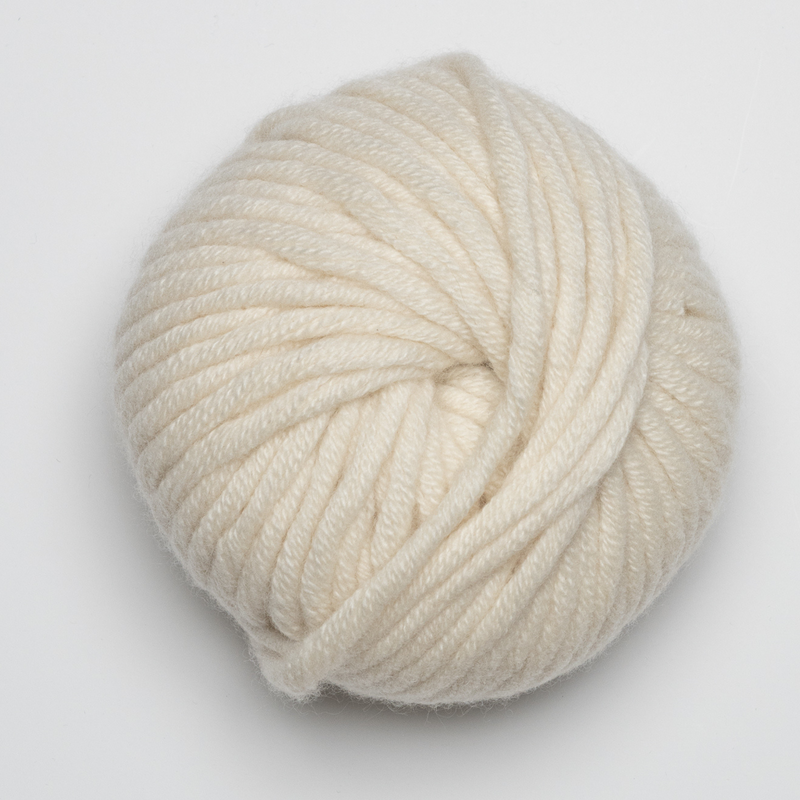Exploring the Origins of cashmere and Its Role in Contemporary Fashion
Exploring the Origins of cashmere and Its Role in Contemporary Fashion
Blog Article
Understanding the Various Types of Cashmere a Natural Fiber and Their Distinct Benefits

The Beginnings of Cashmere: A Historical Review
While the elegant touch of cashmere proceeds to beauty modern consumers, its beginnings map back to the extreme, cold climates of Mongolia and the Mountain ranges. For centuries, the aboriginal peoples of these regions have actually been elevating Capra Hircus goats, the prime source of cashmere woollen. These goats, resistant versus the extreme winters, expanded a fine undercoat to survive, which later came to be referred to as cashmere. The name itself admires Kashmir, a region in India where the wool was at first refined. Much of the very early cashmere trade path was facilitated by the Silk Road, attaching Asia with the Middle East and Europe. In spite of its global spread, the finest cashmere is still thought to stem from the original regions of Mongolia and the Himalayas.

The Production Refine: From Goat to Garment
Shearing a Capra Hircus goat notes the inception of the complex cashmere manufacturing process. This delicate procedure normally takes place yearly throughout springtime. The fine, soft undercoat is after that divided from the coarser external hair, a procedure called dehairing. The resultant raw cashmere is then cleaned to remove pollutants such as dirt, oil, and vegetable matter.
The clean fiber goes through coloring, rotating, and weaving, or knitting, to change it into a textile. Facility treatments such as top quality control checks and ending up procedures follow, making certain completion item preserves the elegant requirement expected of cashmere. This meticulous procedure, from goat to garment, warrants the high price connected to cashmere products, making them an icon of deluxe and improvement.
The Different Kinds of Cashmere: A Thorough Evaluation

The Unique Benefits of Cashmere: Comfort and Sustainability
Relocating from the range of read the full info here cashmere kinds to the advantages they use, comfort and sustainability stand out prominently. Cashmere, an all-natural fiber, is renowned for its unparalleled softness, providing a degree of comfort that artificial fibers can not match.
When it comes to sustainability, cashmere is biodegradable and renewable, as it's gathered from cashmere goats who regrow their coats each year. what is cashmere. Unlike artificial fibers which can take hundreds of years to break down, cashmere's influence on the environment is very little. This mix of comfort and sustainability makes cashmere click to investigate a useful selection for aware customers

Taking Care Of Your Cashmere: Upkeep and Conservation Tips
While cashmere is certainly a extravagant and lasting option, it calls for details treatment to maintain its quality and expand its life-span. To begin, cashmere ought to be hand cleaned making use of cool water and a mild detergent. Cashmere items useful reference need to be stored in a amazing and completely dry location, away from direct sunlight and dampness.
Buying Cashmere: Recognizing Its Worth and Worth
Although cashmere may originally seem like an expensive investment, its lasting value and worth come to be noticeable when you consider its exceptional qualities. Known for its unrivaled soft qualities and warmth, cashmere is a premium all-natural fiber that outshines other materials. Investing in cashmere, for that reason, is not simply about present style fads, yet regarding accepting a sustainable, durable, and glamorous lifestyle.
Final Thought
In recap, the type of cashmere one chooses, be it Mongolian, Chinese, or Italian, is dictated by private preferences for warmth, high-end, budget, and sustainability. Recognizing the beginnings, production procedure, and unique advantages of different kinds of cashmere can assist consumers in their financial investment in this luxurious all-natural fiber.
Whether it's the remarkable heat of Mongolian cashmere, the price of Chinese cashmere, or the eco-conscious manufacturing of Italian cashmere, there's a tale to be found behind each fiber type. Cashmere, a natural fiber, is renowned for its unmatched gentleness, offering a degree of comfort that synthetic fibers can not match.When it comes to sustainability, cashmere is naturally degradable and renewable, as it's harvested from cashmere goats that regrow their layers every year. Understood for its unrivaled gentleness and warmth, cashmere is a costs natural fiber that outperforms various other products. Understanding the beginnings, manufacturing procedure, and special benefits of different kinds of cashmere can assist consumers in their financial investment in this elegant all-natural fiber.
Report this page